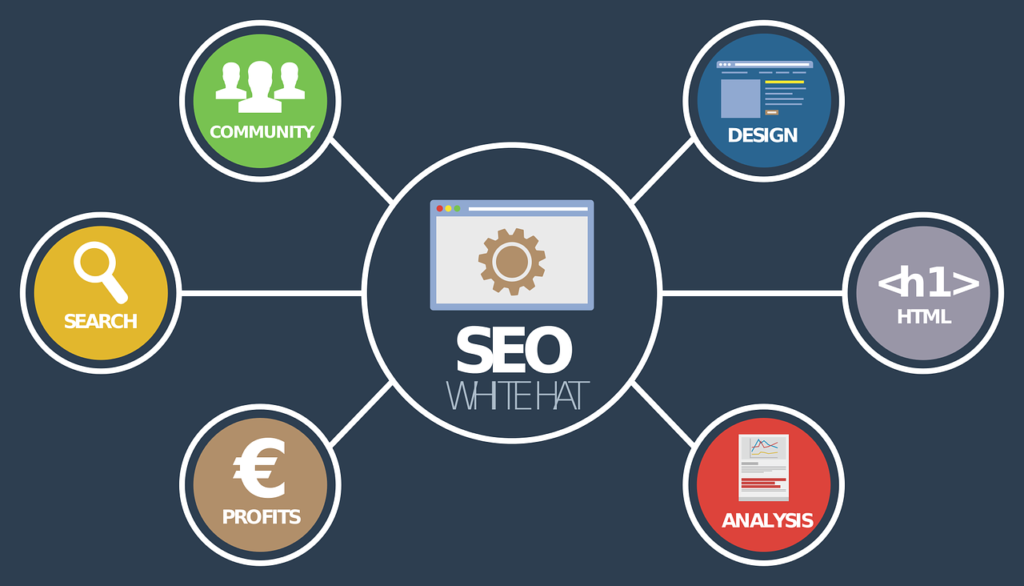Are you struggling to improve your website’s search engine rankings? Are you looking for ways to boost your visibility and attract more traffic? A critical component of doing so is H1 tags. They are essential for optimizing your content and making it more search engine-friendly, but many website owners overlook their importance. In this blog, we’ll explore everything you need to know about H1 tags, including what they are, why they matter, and how to use them effectively to improve your website’s rankings.
So, let’s swoop in and discover the power of H1 tags for SEO.
What are H1 Tags, and Why Are They Important for SEO?
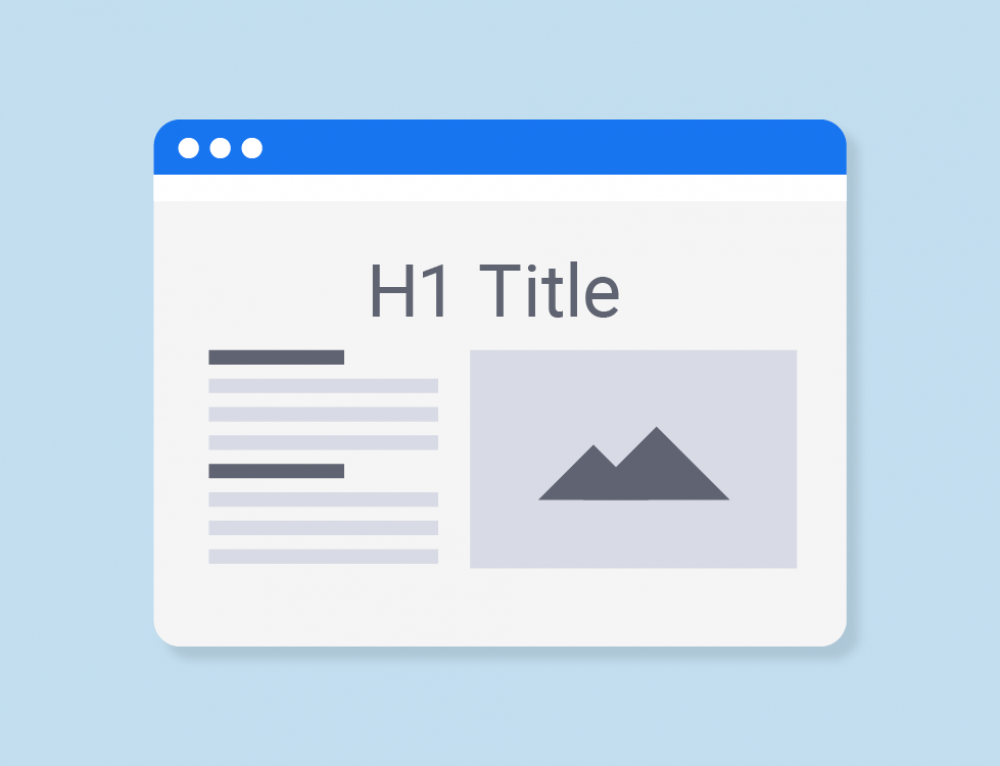
H1 tags are like the title of a book – they give readers an idea of what the content is about. In the world of SEO, H1 tags are equally important. They are HTML tags that help search engines understand the content on a web page. The H1 tag tells the search engine the main topic of the page, which helps it to understand the page’s purpose and context. Using H1 tags effectively, website owners can improve their chances of ranking higher in search results. This is because search engines give more weight to H1 tags than other HTML tags. So, if you want to boost your website’s SEO, pay attention to your H1 tags and ensure they accurately reflect your web pages’ content.
What Are the Best Practices for Creating Effective H1 Tags?

Here are the best practices for creating an effective H1 tag:
1) Use Your Target Keyword
Including your target keyword in the H1 tag is critical for search engine optimization. It helps search engines understand the context of the page and the information it provides. However, avoiding keyword stuffing and using the keyword naturally within the content is essential.
2) Keep It Concise
Your H1 tag should be concise and to the point. Avoid long and complicated headings that confuse the reader and fail to provide any real value. Keep them optimized, ideally around 60-80 characters.
3) Make It Unique
The H1 tag should be unique to each page of your website. Avoid using the same H1 tag across multiple pages, as it can negatively affect your SEO.
4) Use Proper Formatting
Formatting your H1 tag with proper heading tags helps search engines understand the content’s structure and hierarchy. The H1 tag should be the main heading, followed by subheadings (H2, H3, etc.).
5) Make It Descriptive
The H1 tag should clearly describe the content on the page. It should accurately reflect the page’s content and help the user understand what to expect when clicking the link.
6) Use Action Words
Using action words like “discover,” “learn,” or “get” can make your headline more engaging and encourage the reader to take action.
7) Appeal to Emotions
H1s that evoke curiosity, excitement, or urgency are more likely to catch the reader’s attention. Use emotional language that resonates with your target audience.
8) Address the Reader’s Needs
Understanding your audience’s needs and addressing them in the headline can make your content more appealing. Use language that speaks to their problems or desires and shows how your content can provide a solution.
How Does the Structure of Your H1 Tag Impact User Experience and Rankings?

The proper structure of H1 tags can significantly impact user experience and search engine rankings.
Firstly, H1 tags are a way to organize and structure content on a webpage, and they signal to both users and search engines what the main topic or purpose of the page is. A clear, concise, and relevant H1 tag can improve user experience by helping visitors quickly understand what the page is about and find the information they need.
Secondly, search engines use H1 tags as an important ranking factor when determining the relevance and authority of a webpage. By using appropriate keywords in the H1 tag, the page can rank higher in search results for those specific terms.
However, it is also important to note that the structure and use of H2 tags can also impact user experience and rankings. H2 tags are used to break up content into subheadings, which can improve readability and navigation for users. Additionally, search engines use H2 tags as another indicator of page structure and topic relevance.
Overall, using proper structure and hierarchy for H1 and H2 tags can positively impact both user experience and search engine rankings.
Common Mistakes to Avoid When Using H1 Tags for SEO
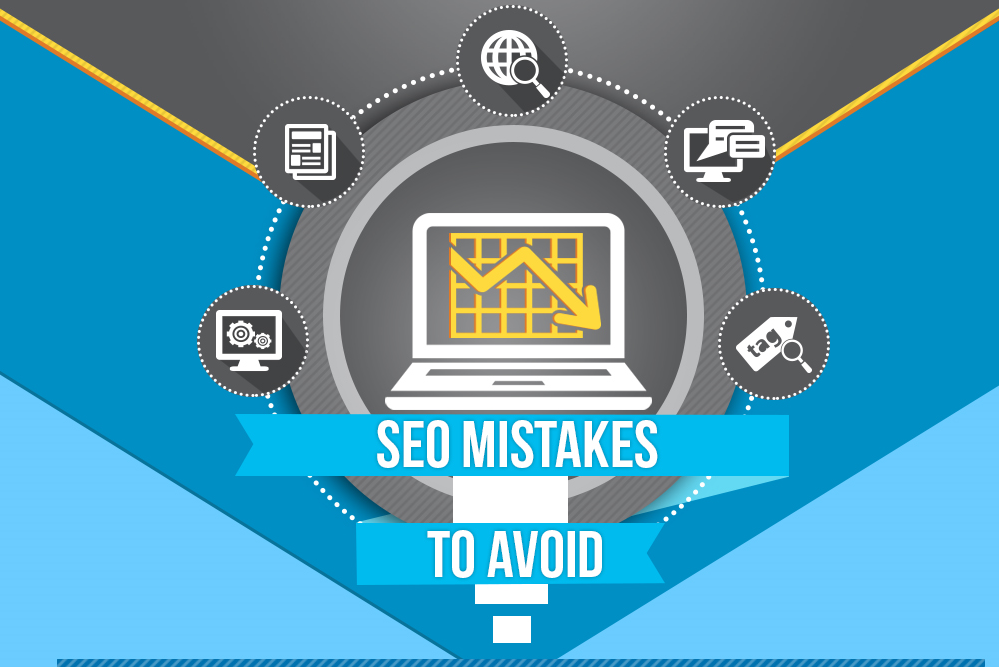
Using H1 tags correctly is important for both the accessibility and search engine optimization (SEO) of a webpage. Here are some common mistakes to avoid when using H1 tags for SEO:
1) Using Multiple H1 Tags:
Using multiple H1 tags on a page is possible, but it is not recommended for better SEO results. The H1 tag should only be used once and contain the page’s main heading.
2) Using H1 Tags for Styling:
H1 tags are designed to provide structure and hierarchy to the content on a page. They should not be used solely for styling purposes. Instead, use CSS to style your headings.
3) Using Irrelevant or Spammy Content in H1 Tags:
Your H1 tag should accurately describe the content on the page. Evade stuffing the H1 tag with irrelevant or spammy content to rank higher in search results.
4) Using Generic H1 Tags:
Your H1 tag should be unique, creative, and specific to the content on the page. Avoid using generic H1 tags like “Welcome to Our Website” or “Home.”
5) Using H1 Tags in Hidden Content:
Search engines may penalize websites that use hidden content to manipulate rankings. Avoid using H1 tags in hidden content on your webpage.
By avoiding these common mistakes, you can use H1 tags effectively to improve the accessibility and SEO of your webpage.
Final Thoughts on H1 Tags and SEO Success
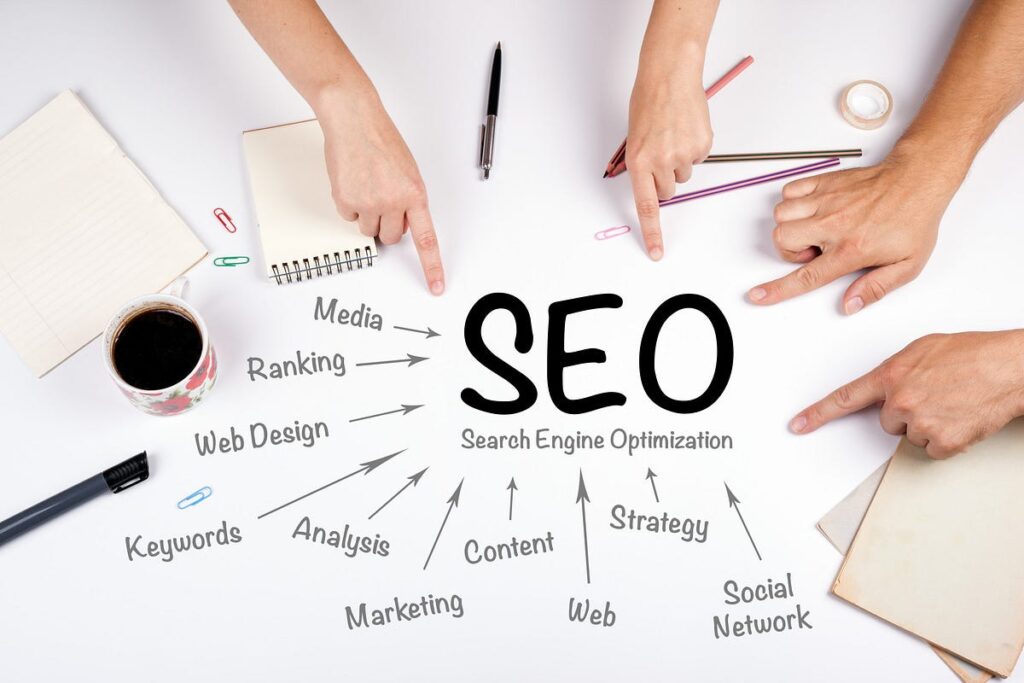
H1 tags play a crucial role in achieving SEO success. Properly using H1 tags can significantly improve your website’s ranking, resulting in more traffic and better engagement. However, it is important to note that H1 tags are not a magic solution and should be used with other SEO tactics. So, the next time you create content for your website, ensure that you use H1 tags appropriately, keeping your target audience in mind. Remember, it’s not just about ranking higher in search engines; it’s also about providing valuable information to your users. With a little effort and consistency, you can leverage the power of H1 tags to achieve long-term SEO success.
Dallas SEO Pros are your all-in-one SEO services provider. To up your SEO game and boost the ROI on your website, join hands with Dallas SEO Pros today! Contact us now and get your free quote.


